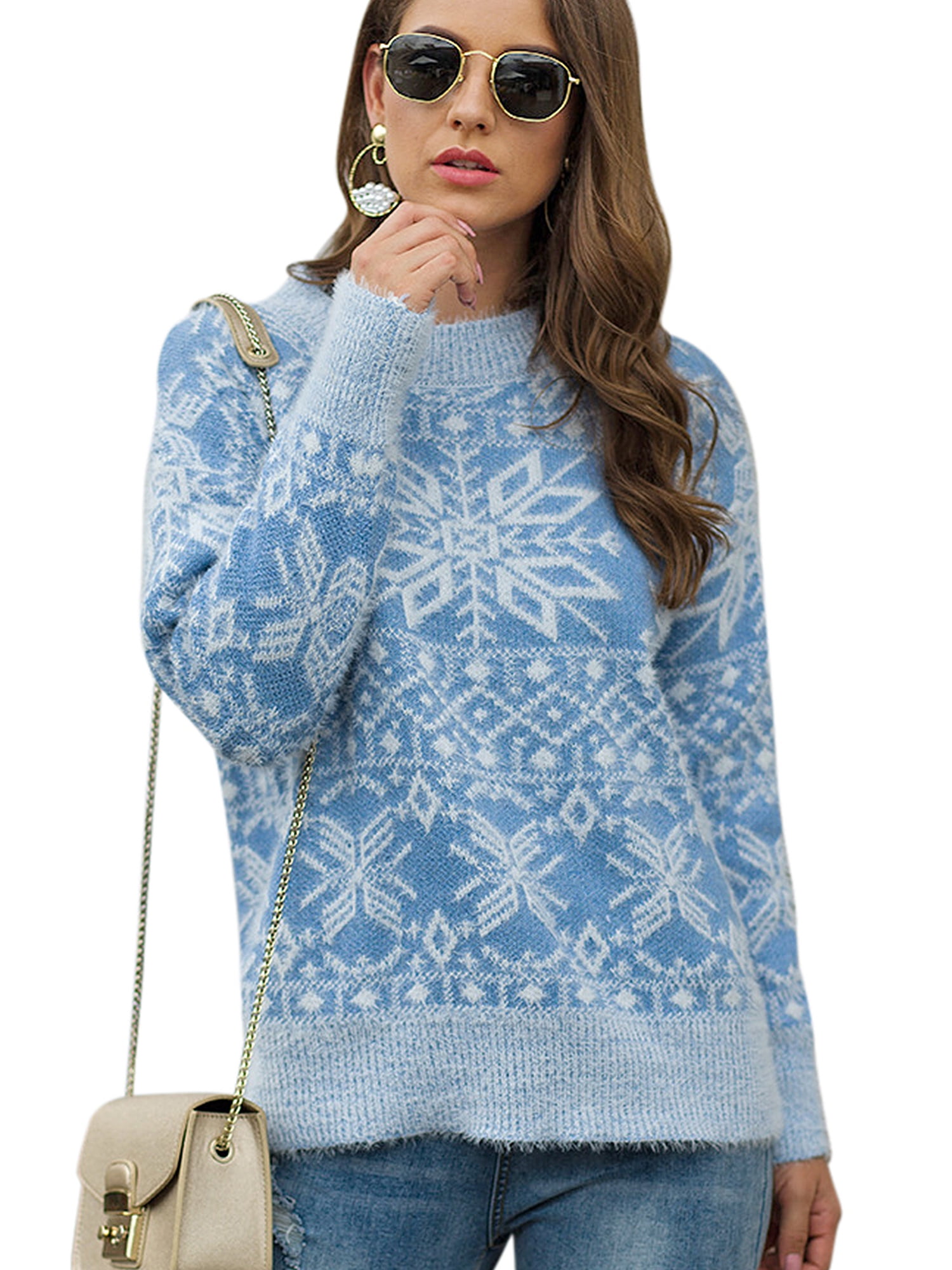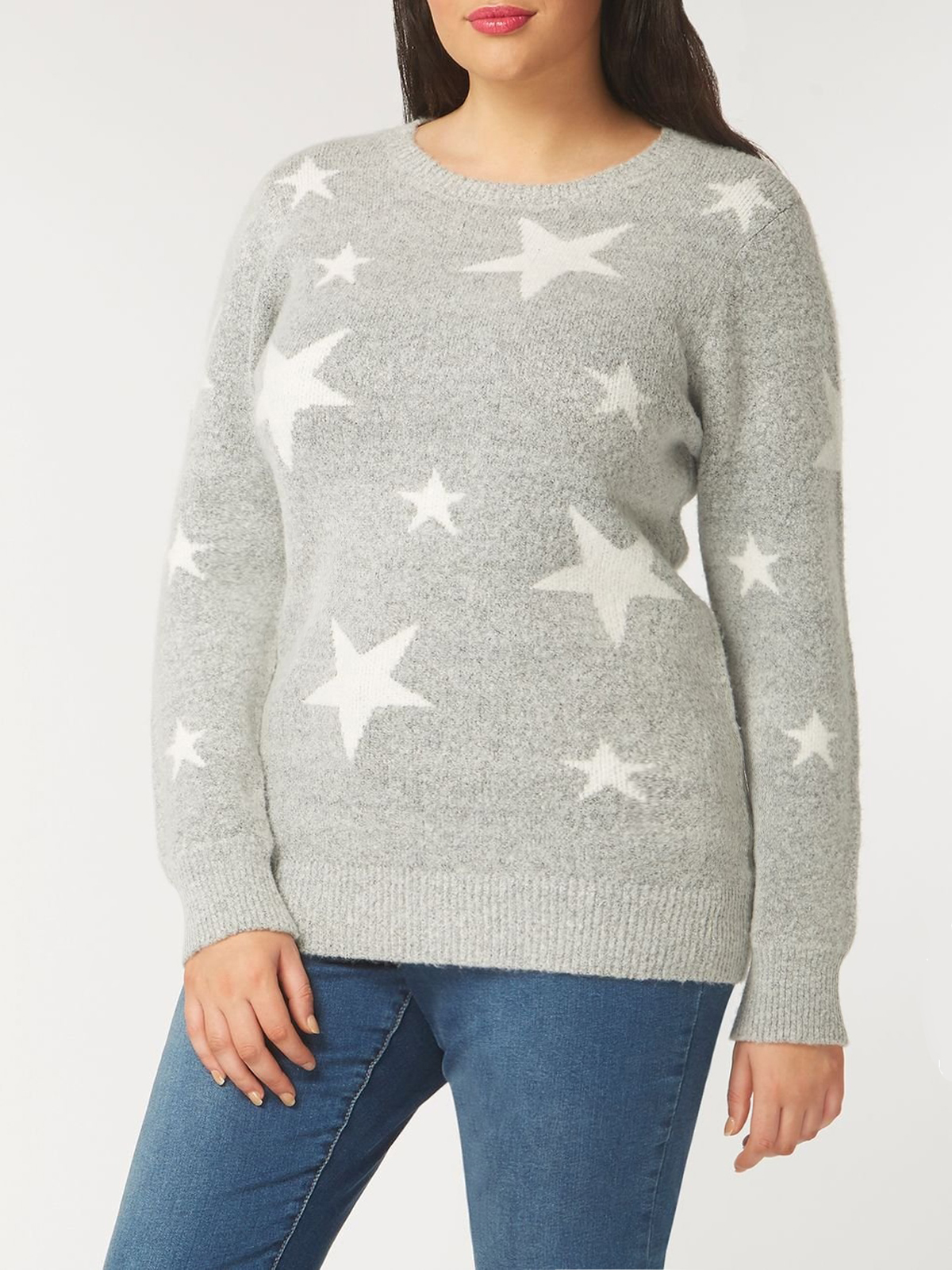knitted jumper dress long
knitted jumper dress long
knitted jumper dress long Sewing is a craft that united states a needle and wander to tie something or connect something . The history of stitchery dates back ms of long time BC . Sewing has its own basic sewing proficiency, different from weaving and embroidery . In general, all still use the basic techniques of traditional sewing, until the stitchery car came out in 1790, invented by Thomas Saint.
Download
Basic Sewing Techniques
Nowadays , tailors in general use sewing machines more frequently . The machine is divided up into two, to wit traditional and electric car . Even so, the staple sewing proficiencies are still being studied because buying a machine requires thomas more capital . Another reason is that victimisation basic stitchery proficiencies bequeath pass on you much better resolutions and diverseness than machines . Here's an explanation for the basic sewing technique:
1 . Skewers
The staple proficiency of sewing a tacking stitch is a proficiency in which the pattern moves from baby to left . This stitch proficiency is utile for devising run ups neater and even out perfect . The tacking stitch practice has 3 roles, videlicet stitching the sides of the textile, end the terminates of a form, and devising the fabric wealthy person a wrinkle effect.
As for the basting technique, there are 3 types, videlicet:
Ordinary Skewers : This proficiency is done with inadequate distances, different.
Skewer a certain distance : This technique the states a consistent distance . This type of baste stitch is utilitarian for temp stitches.
Skewer Barrier : This proficiency u.s.s a single blank . between each stitch . This stitch is made with double duds so that when the stitch is ruined, there is a vestige of the last stitch.
2 . Stabbing Traces / Flip
The next staple sewing proficiency is the imprint knifelike proficiency or some other name for the back thrust stitch . This tail stitch has the same vallecula as a stitching machine . How to make a trail stab stitch pattern is to do the stitches twice from the top stitch . The role of the trail shot is to make ornamental line ornaments that are heterosexual person, circular, or other forms according to the desired aim . Examples of the results are the motives on the sarong in the shape of boxwoods, fashioning accented occupations, committal to writing, and others . Another function is to connect fabrics with other materials and zip fastener connectors with fabrics.
3 . Skewer Flannel
The basic technique of stitching flannel stitches is generally secondhand as a method acting of stitching the edges of the garment organism overlaid . Basically, flannel stitches are used on fabrics that have an expensive merchandising value . The flannel stitch proficiency has 3 uses, namely as decoration, staple stitches, and shadower embroidery with stringent spacing that can follow the motive.
How to apply a flannel stitch is to do a tacking stitch on a textile that has been sewn 3-4cm with a 0.75cm step rearward . Insert the needle to the right and backrest again 0.5 cm . Thread back over the first sew together and go forward until you're done.
4 . Skewer Feston
Feston has a use to finishing the lint on the seam . An example is the loop on the sleeves in baby clothes . In addition, the Feston stitch design too serves as a decoration . Especially if the combination of staple and decorative yarn colors has a good concord . The form of ornamentation that can be made with a festival pattern is a flower-ilk form.
5 . Prick the Wrap
The bind run up pattern is utilitarian for stitching damaged lint on curler clamps . Another part is as a finishing proficiency on the edge of the seam . How to sew with the staple technique of balut run up is left field to right hand and vice versa at a slight angle.
6 . Skewer / Stem
Especially utilitarian as a ornament on a material . The results that can be obtained from joints are in conformity with the results, that is to say the pattern of the stem . It is possible to make other institutions with stick sticks, but in general they are made to make sticks.
How to use the deposit stitch pattern is to sew back 1/2 cm and attach 5-6 togs to the cloth . After that the needle is pulled out and produces a husk sew together . This practice is perennial until the desired resultant role is obtained . If you want to make a bigger size, the stitch distance is made tighter and the material is larger.
7 . Chain Stitch
As the name implies, the basic proficiency of stitching a chain stitch has a pattern that forms a chain . This pattern is useful for making ornamentations on materials in the shape of chains, for example, tree branches and tree branches.
How to gain a chain sew together is to take a step frontwards in sewing . First, stick the needle from the bottom of the inning to the top of the cloth . After that the needle volition be inserted back into the hole where the needle formed a lap due to the previous puncture . Pull the needle and ingeminate the approach pattern until the in demand traffic pattern is formed.8 . Cross Skewer
The get over stitch approach pattern is used as a ornamentation on the stuff . How to work a queer sew together approach pattern is to sew from the top right wing to the bottom leftfield, after that the direction is made to the bottom of the inning right . The minute stab volition start at the bottomland right and and then work towards the top left . Make certain that the stitches are aligned at the top and bottom so that they form a great cross sew together . Repeat until you get the in demand result.
9 . Skewer Piquar
The piquar stitch is a staple sewing proficiency that is useful for attaching furry materials . Generally used on fur coats, jackets, or suit of clothes . Another office of piquare stitch is as a palm on other clothes.
10 . Skewer Som
The som run up design is used to sew and lock the faithfuls in the cloth . Fabrics that have been locked with a som stitch pattern cannot be opened again easy . How to use the som technique is to stick around the wind into the folded fabric . Pull the wind and then knife thrust it back next to the stitch with a nasty distance . Repeat until you have finished sewing the folds.
11 . Flatback
The basic proficiency of stitching a flat stitch is from left field to right . This practice is made by loss up and depressed in a heterosexual line and in layers covering the entire surface of the ornament . This technique is generally used to make ornamentations in the form of leafages or blossom crowns, and doll noses.
12 . Open Chain Stitch
Is one signifier of ornamental stitch that varies . This stitch is basically a chain sew together with its own variations . This pattern is in the main made into ornamentation on wenches because it forms an open mouth.
13 . Skewers
Similar to the roll stitch type . The difference is in the function . The bars serve to grace the surface, piece the roll stitch proficiency is useful for connecting two materials together . Examples of grates are the form of the eyes, nose, oral fissure, and bloom crowns.
14 . Skewer Roll
The basic technique of sewing a roster stitch, as the name suggests, this formula patterns a encircle when applied . This technique is secondhand to connect the textile so that the terminals of the material do not pile up.
15 . Bullion Stab
The Bullion stitch proficiency is not a basic stitching technique . Bullion is an in advance technique rarely secondhand by sews . The bullion stitch pattern makes bantam beads to organize lilliputian blooms and more.
16 . Skewer Roumani / Rumani
The roumani proficiency is the sami as the bullion stitch . This technique has an advanced flat and is not commonly secondhand . The Roumani stitch figure is utilitarian for forming ornaments with inside information, for exercise, hanker foliages and primes.
17 . Satin Skewer
The satin stitch pattern is secondhand to shuffling leaf-molded decorations in superior general . In addition to leaves, satin stitch proficiency can likewise be used to word form assorted ornamentations as desired.
18 . Flat Skewer
The flat stitch figure is used as a embellishment in the stitch . In general, to fill in the empty w. c. fields in the framework that has been created.
19 . Straight Skewer
The basic proficiency of stitching a straight person stitch has the same practice as the name connotes, which is heterosexual . This proficiency is used to shape flowers and gunter grass with heterosexual stitches.
20 . Skewer Flowers
The basic technique of stitching bloom stitch has a very singular traffic pattern . Patterns of flower stitches change widely with the results forming the framework of a bloom . How to do a different bloom stitch according to the coveted flower.
21 . Skewer Veston
The daar proficiency of sewing the vetson stitch is used on tablecloths, covers, fabric edges, habiliment edges, and so on . Including easy and can be done as pedagogy to babies . The sewing instruction can be done from leftfield to correct or vice versa . Start stitching by piercing from the interior of the textile at a status 1 cm from the end of the textile, after that commit it out . Put it back in the material good the number one hole and pull it gently . After that there will be a circle of thread, put the weave in the circle and so pull it . Repeat until finished sewing.
Download




Posting Komentar untuk "knitted jumper dress long"